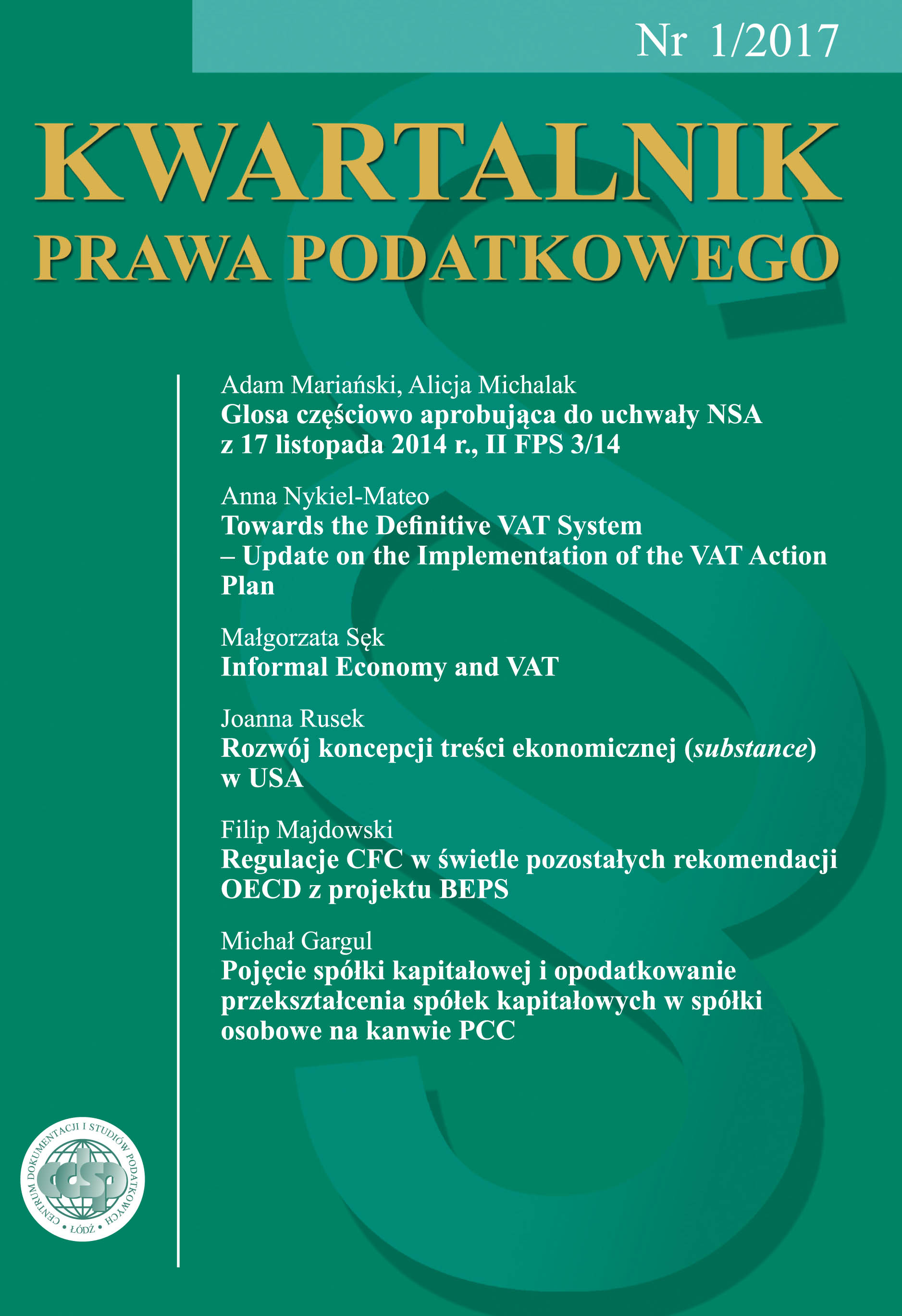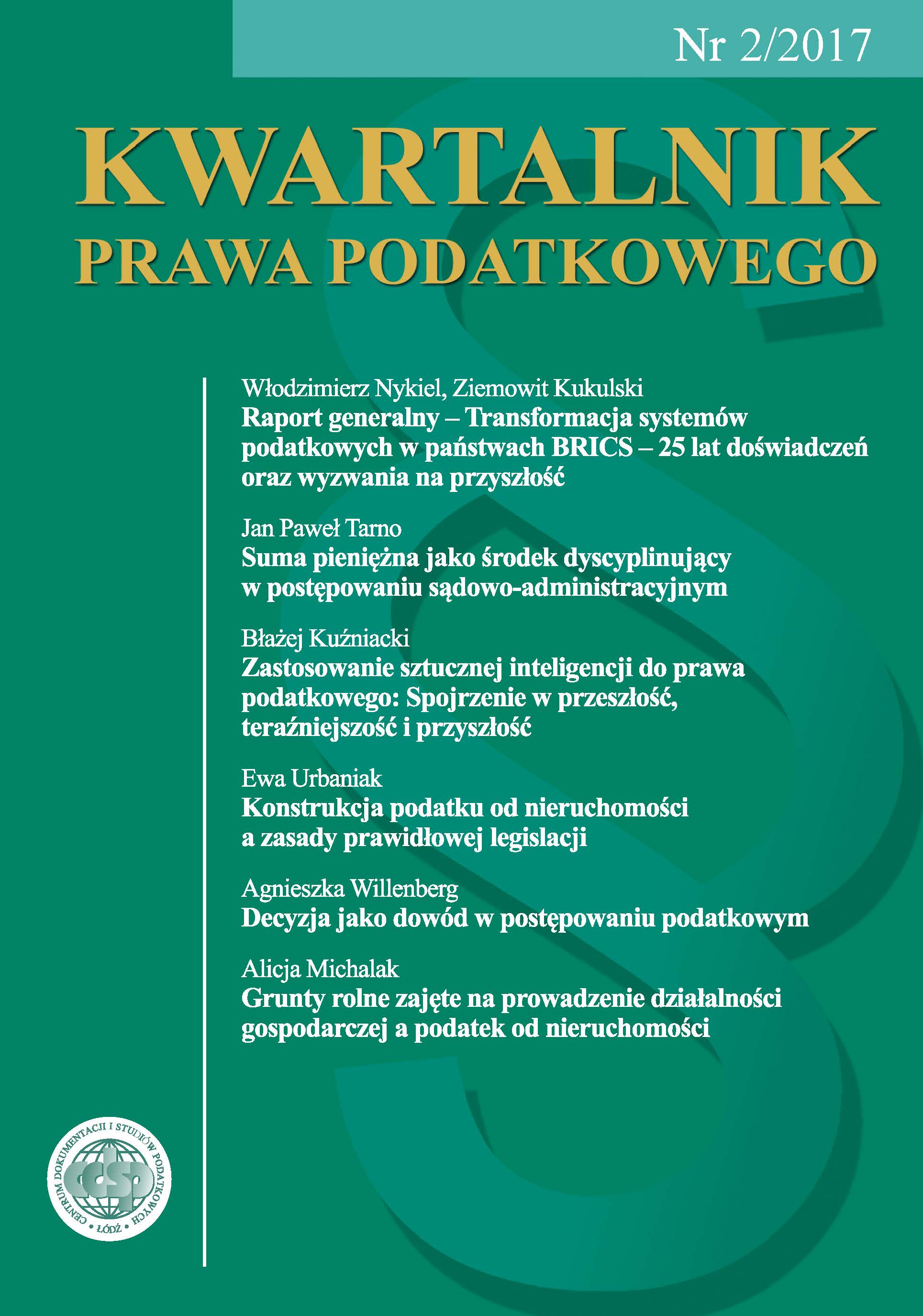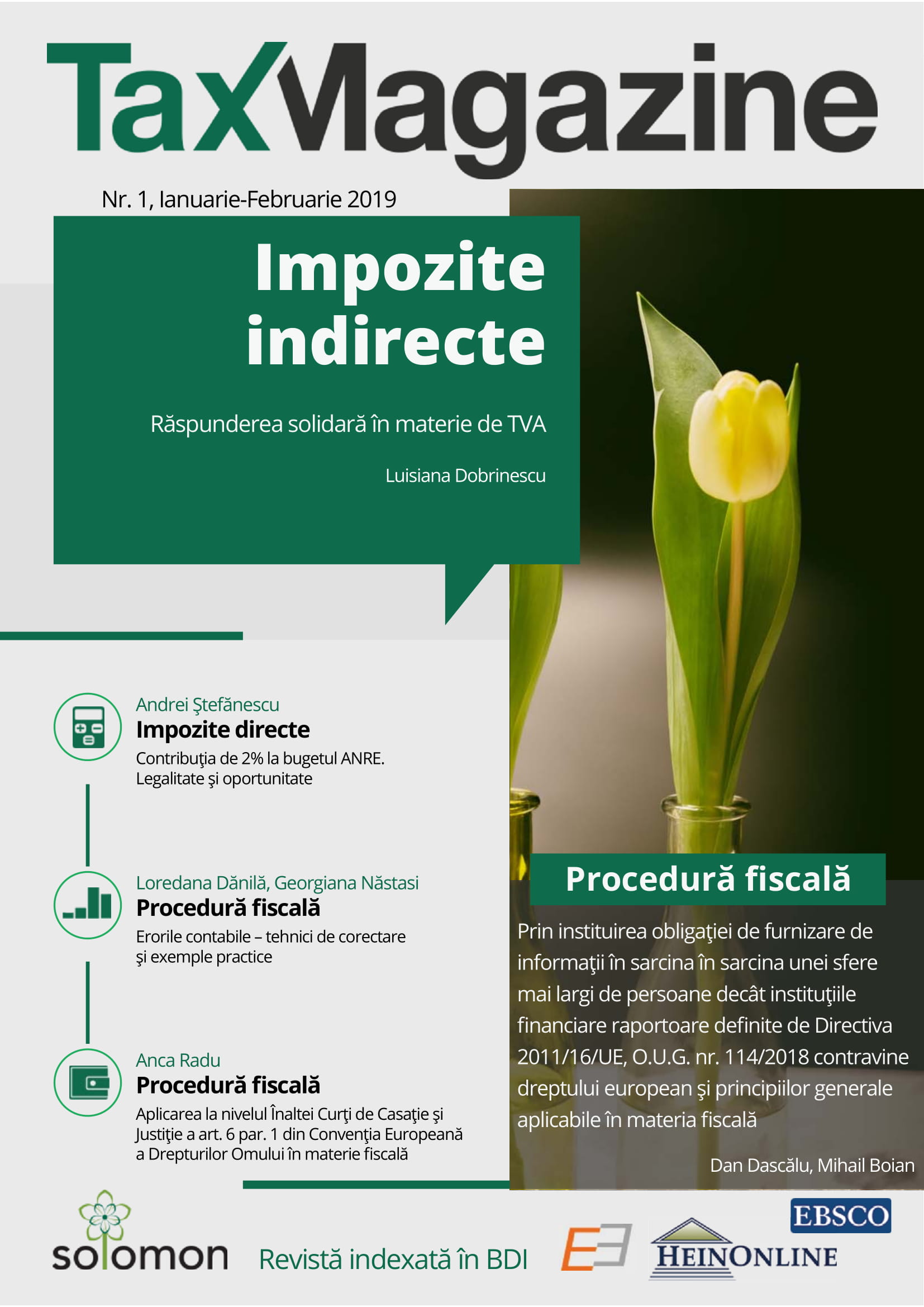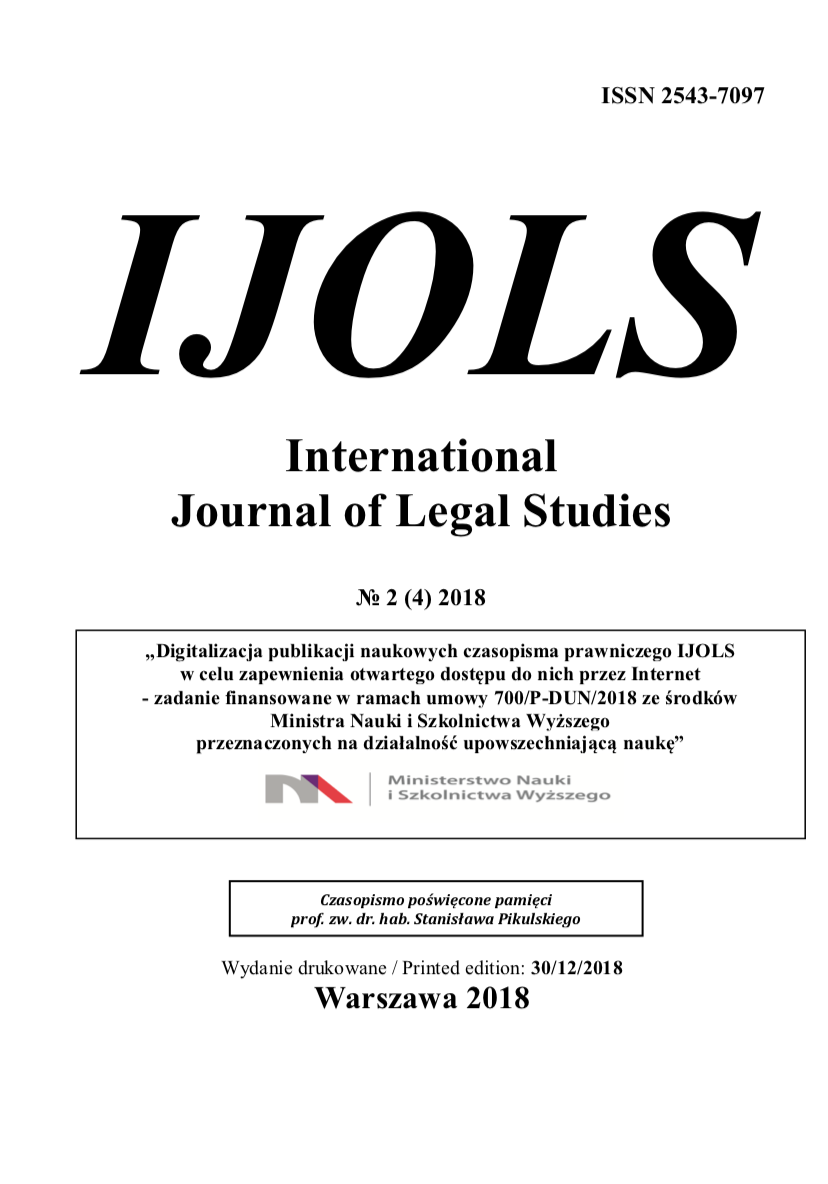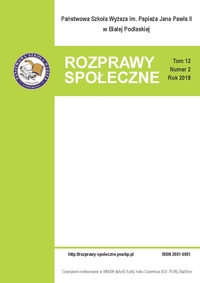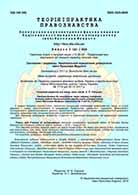
Кваліфікація монопольного становища на ринках та підстави притягнення до відповідальності за зловживання ним
The article is devoted to the theoretical and practical issues of determining the monopoly position of business entities and the application of responsibility to offenders for their abuse. Overcoming the level of monopolized markets and combating abuse by monopoly entities is one of the most important tasks of the Antimonopoly Committee of Ukraine. The issue of ensuring the functioning of a normal market environment on the basis of fair methods of competition is highly relevant. The monopolization of markets and industries worsens the state of free competition and hinders the development of a competitive environment, limiting the rights of some business entities.All over the world, the problem of combating monopolization of markets and preventing the creation of monopolistic formations is extremely important, as is the use of effective mechanisms to bring to responsibility for competitive offenses.To prosecute it is necessary to determine the composition of the offense. In order to attract to the responsibility of a business entity for the abuse of a monopoly position, it is necessary to prove the fact that he has occupied a monopoly (dominant) position. The process of determining a monopoly position provides for the implementation of a phased special procedure, after which the conclusion is made about the presence or absence of a monopoly (dominant) enterprise on the market. For a successful and effective mechanism to combat the abuse of a monopoly position, it is necessary to improve the procedure for determining a monopoly position and make changes to the existing Methodology.The main task of the Antimonopoly Committee of Ukraine is not just the fight against abuses by monopolists and the imposition of sanctions on them, but also the regulation, protection and promotion of competition. It is important to balance the punitive and preventive functions of the AMCU, as well as the combination of the principles of prohibition and control.The commission of such an offense as the abuse of a monopoly position provides for 2 types of liability, a fine and compulsory separation. But there is no exact mechanism for applying these types of responsibility. It is necessary to see the development of a special methodology for calculating fines for competitive offenses; it will provide for various forms, types and manifestations of competitive offenses, along with consideration of the consequences caused to business entities, competitors, consumers, or the economy. It also requires detailing and consolidating a clear algorithm for applying the procedure of forced separation at the legislative level.
More...
